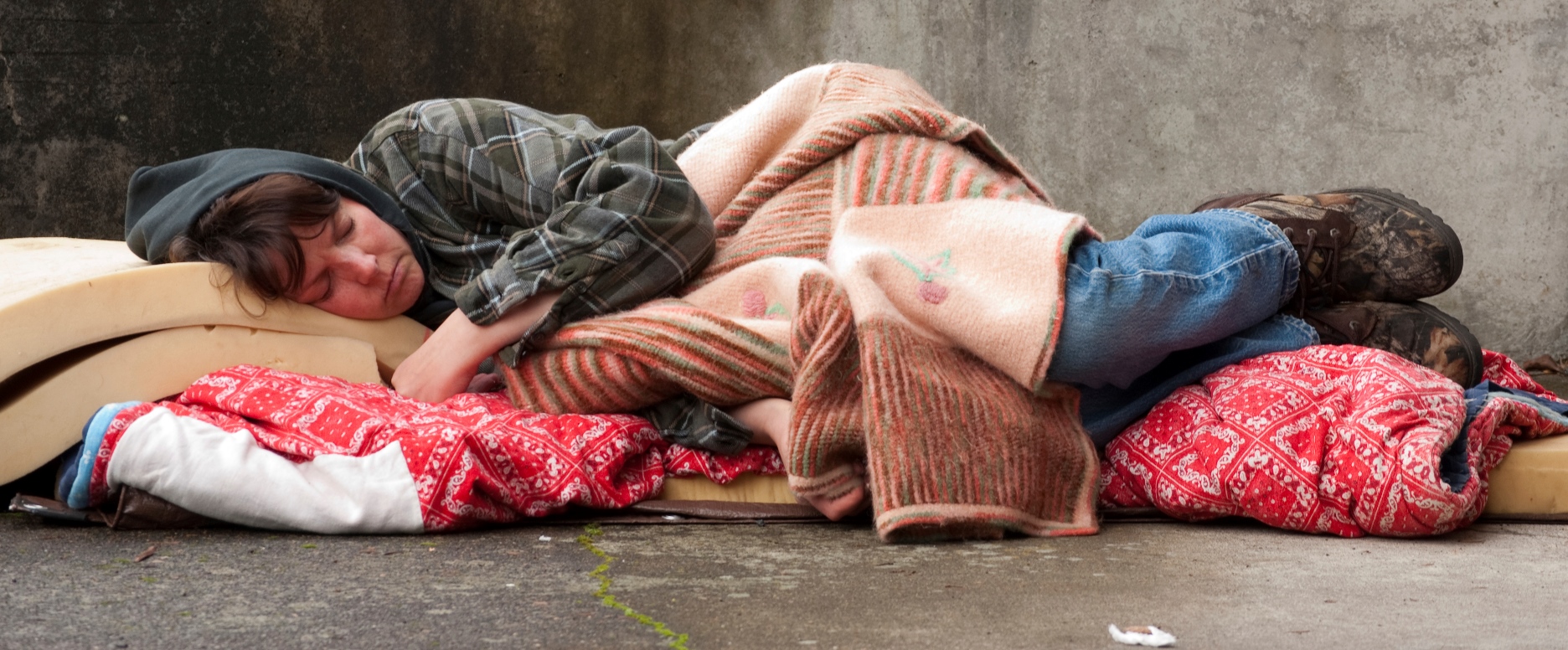Where â€guardians’ dwell
Walk past a boarded up or disused building in London and you may spot a sign informing passers-by that the property is “protected by live-in guardians”.
Used primarily to deter squatters and would-be burglars, live-in guardians pay property management firms reduced rents to stay in an array of different buildings, from Victorian schools and closed-down hospitals to tower blocks marked for redevelopment and former offices.
While living cheaply in an unusual place may seem like an attractive proposition to some, the reality of life as a live-in guardian is much less appealing.
Often living in substandard environments, with effectively no legal protections and the potential for being moved out at a moment’s notice, people are increasingly forced to live as property guardians to avoid homelessness.
According to the London Assembly’s housing committee, up to 7,000 people are property guardians in what would otherwise be empty buildings, with the number expected to rocket as the housing crisis deepens.
A survey of 210 property guardians in London, commissioned by the committee and conducted by the University of York, found 95 per cent were doing it because of the cheap rent. Many stated that they had no choice but to live that way.
‘Either guardianship or homelessness’ Â
One said, “It was either guardianship or homelessness.”
Another commented, “London prices are impossible and I feel trapped in this situation.”
The housing committee’s report said, “The growing cost of accommodation in the capital is clearly pushing more people to become guardians out of necessity.”
The report noted the sector “has the potential to grow dramatically” and that 21 out of the 31 firms advertising live-in guardian services had been established since 2009.
Around 10 per cent of the property guardians surveyed said they could be evicted without the legal 28 days’ notice, while 37 per cent reported problems with mould and condensation. Around a quarter said repairs and maintenance were not carried out, with some reporting rats in their properties.
One guardian explained, “Our roof has leaked in heavy rain since we moved in. The guardian company know this, and have never fully resolved the matter. Currently we have a serious problem with rats getting into the property, via broken sewerage, and broken doors.”
Head of Unite Community Liane Groves said the rise in legal guardianship is a direct result of an out of control housing market.
“The increase in legal guardians, most of whom are working people that can’t afford the capital’s extortionate rents, along with rocketing numbers of evictions, rough sleepers and families living in temporary accommodation, is another indictment of this government’s abysmal housing policy,” Groves said.
“More and more people are being denied a basic human necessity: having a secure roof over their heads. Only with rent controls, regulations on private landlords and a nationwide programme to build significant numbers of council houses can this crisis be brought to an end.”
 Like
Like Follow
Follow


